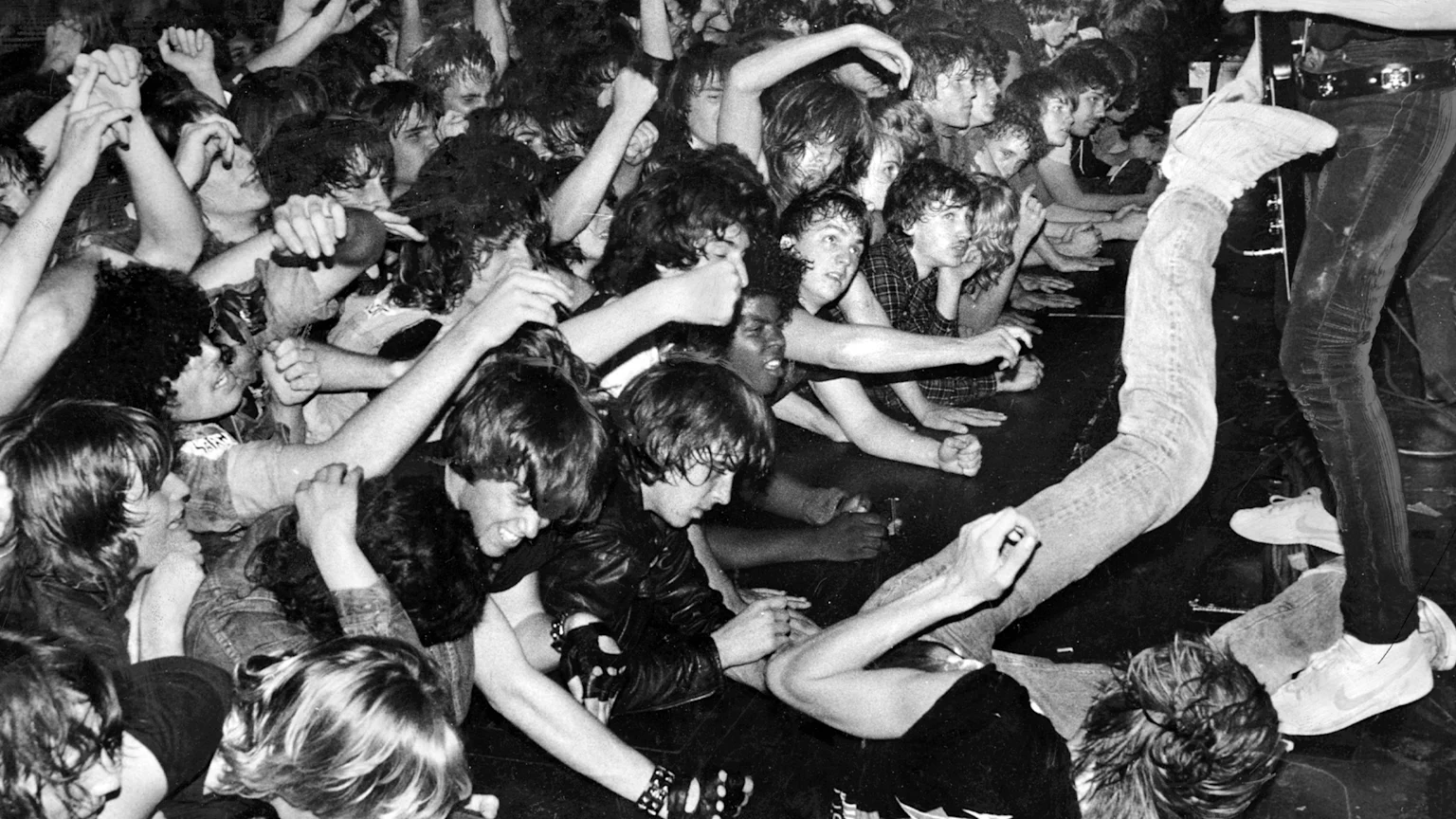Music
Scientific study finds ‘80s metal-head kids have become well adjusted adults


Published by Raynor Perreau
03 Jun 2025
A study has found that fans of 1980s heavy metal have grown into well-adjusted, happy adults - despite all the panic from their parents back in the day.
In the 80s, heavy metal music was public enemy number one for anxious parents and pearl-clutching politicians... especially in America.
Bands like Black Sabbath, Mötley Crüe, and Def Leppard were blowing up, and a generation of teenagers was headbanging along to chaos that their parents didn’t understand, which sent some parents into a spiral thinking that little Jimmy was gonna end up worshiping the devil.
But a psychology study conducted by Humboldt State University has found that the teens who identified with the heavy metal scene in the ‘80s are doing very well now that they’re middle aged.
The study
“Research in the 1980s suggested that young “metalheads” were at risk for poor developmental outcomes,” says the abstract of the study. “No other study has assessed this group as adults; thus, we examined 1980s heavy metal groupies, musicians, and fans at middle age.”
The study - which was conducted in 2015 and funded by Humboldt State’s Sponsored Programs Foundation - surveyed 377 adults who were part of the heavy metal subculture in the 1980s. Using social media, researchers asked participants detailed questions about their lives: childhood trauma, personality, mental health, and how they’re doing now.
The results
While many teenage metalheads did live rebellious and risky lives back in the ‘80s, the study found that:
They were significantly happier in their youth than the general population at the time.
They’re better adjusted now, in middle age, than both their generational peers and today’s university students.
Their connection to the metal scene actually helped them, giving them a strong identity during years when they may’ve felt lost or isolated.
The conclusion
So as it turns out, the metal subculture may have been loud and wild, but it also offered a sense of belonging that helped many of these young people grow into healthier, more stable adults.
One of the researchers, Psychology Professor Tasha Howe, told KQED radio that being part of the metal world helped these teens through tough times, and maybe even helped them come out stronger for it.
And look, you probably didn’t need a study to tell you that - but it’s nice to have some science backing up the idea that if you were an ’80s metal-loving teen, chances are you’ve turned out just fine.
Or at least, heavy metal didn’t negatively affect you in the way your parents once thought it might.

Published by Raynor Perreau
03 Jun 2025